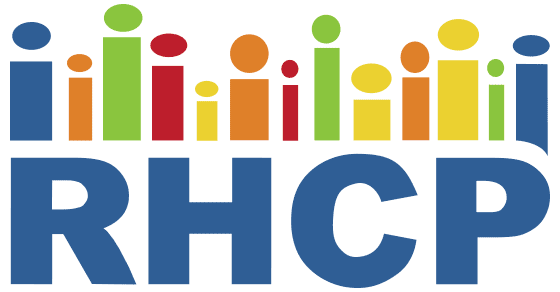Digital Storytelling Interventions to Promote Cancer Screening Among Hispanic/Latino Adults in Primary Care Settings
RHCP developed a digital storytelling project called Stories for Change: La detección temprana puede salvar vidas to encourage cancer screening among Hispanic/Latino adults who were overdue for breast, cervical, or colorectal screenings. Eight storytellers shared personal experiences in short Spanish-language videos, which were shown to 51 participants across three clinical sites.
Journal of Cancer Education Jul 2025
RHCP developed a digital storytelling project called Stories for Change: La detección temprana puede salvar vidas to encourage cancer screening among Hispanic/Latino adults who were overdue for breast, cervical, or colorectal screenings. Eight storytellers shared personal experiences in short Spanish-language videos, which were shown to 51 participants across three clinical sites. After viewing, all participants said they intended to get screened, and over half completed screening within seven months. Most who followed through said the videos strongly influenced their decision. Participants connected deeply with the stories, reporting increased confidence and motivation to act.
Despite high engagement, barriers like time, cost, fear, and lack of provider recommendation prevented some from completing screenings. Those who had previously been screened were more likely to follow through again, suggesting that newcomers may need additional support. Participants recommended adding more educational content and expanding outreach to younger audiences. The intervention was well-received and culturally resonant, showing promise for reducing disparities in cancer screening. Future efforts should include navigation support for follow-up care and address structural barriers to ensure equitable access to diagnostic and treatment services.
Closing the Gap: Participatory Formative Evaluation to Reduce Cancer Screening Disparities among Patients with Limited English Proficiency
RHCP partnered with a large primary care network to address cancer screening disparities among patients with limited English proficiency (LEP) in Rochester, Minnesota. Using a participatory formative evaluation approach, the team conducted interviews with LEP patients, providers, interpreters, and community leaders to identify multilevel barriers to screening.
Journal of Cancer Education Feb 2020
RHCP partnered with a large primary care network to address cancer screening disparities among patients with limited English proficiency (LEP) in Rochester, Minnesota. Using a participatory formative evaluation approach, the team conducted interviews with LEP patients, providers, interpreters, and community leaders to identify multilevel barriers to screening. These included limited understanding of preventive health, cultural beliefs, mistrust of providers, and logistical challenges such as appointment scheduling and interpreter availability. The study applied the Social Ecological Model and Health Belief Model to organize findings across intrapersonal, interpersonal, institutional, and community levels, revealing that shared experiences of immigration and language barriers often outweighed cultural differences in shaping health behaviors.
A community-academic summit with 48 stakeholders validated these findings and helped co-design intervention strategies. Participants emphasized the importance of peer navigators, collaboration with community-based organizations, and culturally tailored educational materials. Proposed interventions included clinic-based components like interpreter training and registry-based outreach, as well as community-led education and navigation efforts. The study demonstrated the feasibility and value of engaging diverse stakeholders in designing responsive, multilevel interventions. It also highlighted the need for integrated clinic and community strategies to improve cancer screening rates among LEP populations, with future steps focused on implementing the co-developed intervention components.
